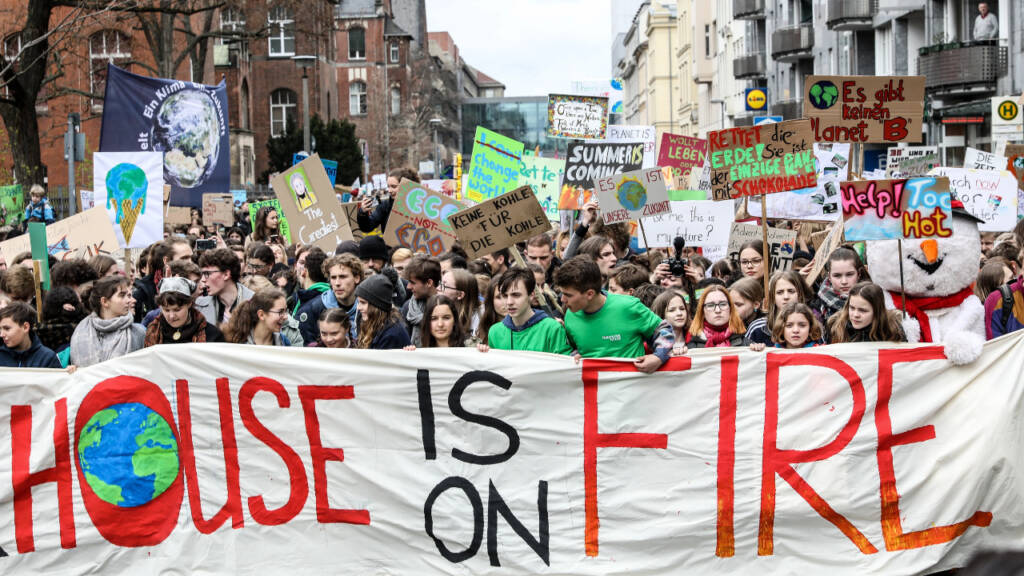Climate change activism has gained prominence in the ever-evolving panorama of contemporary civilization and captured the hearts and minds of many people. Although seeing such ardent devotion to a cause is admirable, one cannot help but wonder if this movement has passed the line from emotion into the world of crazy. We investigate the contentious realm of environmental advocacy and its potential consequences.
The Passionate Zeal
Environmental justice is a cause for which climate change activists are recognized for their fervent pursuit. Their demonstrations, protests, and fervent speeches grab attention, but beneath the surface lurks a toxic preoccupation that imperils reasoned discussion. Is it conceivable that their zeal prevents them from seeing other points of view and stifles productive discussion?
The Perils of Extremism
While the fight against climate change is unquestionably necessary, it is also crucial to be aware of the risks associated with extremism among activists. The distinction between passion and crazy becomes increasingly hazy, from disruptive rallies that impede output to bold initiatives that overlook economic reality. It raises the question of whether these activists are genuinely looking for workable solutions or if they are merely submitting to an ideology devoid of reality.
The Unintended Consequences
Climate change activists frequently disregard the unintended effects of their activities in their unwavering pursuit of a greener future. Their unrelenting focus on the environment may unintentionally exacerbate current societal problems by supporting extreme rules that cripple industries and impede innovation or by ignoring the economic impact on vulnerable areas. In the name of combating climate change, are we sacrificing long-term prosperity for immediate benefits?
Finding Balance
It is critical to recognise the value of finding a balance when critiquing climate change advocacy. Passion can spur change, but when it crosses the line into crazy, it runs the risk of alienating prospective allies and stalling true advancement. We can shift the discourse in the direction of a more realistic and inclusive approach by encouraging open dialogue, welcoming innovation, and taking the larger implications of climate policies into account.
Without a doubt, the activism surrounding climate change reflects a passion and concern for the future of our planet. But it’s important to carefully consider the dangers of a too enthusiastic movement. We may steer clear of the lunacy that might lurk behind the surface of well-intentioned activism by encouraging a balanced approach that takes into account scientific truths, economic considerations, and social inclusivity.
Always keep in mind that genuine advancement depends on having an open mind, being logical, and being willing to have productive conversations. Only then will we be able to tackle climate change’s problems with the clarity and pragmatism required to build a sustainable future for all.
